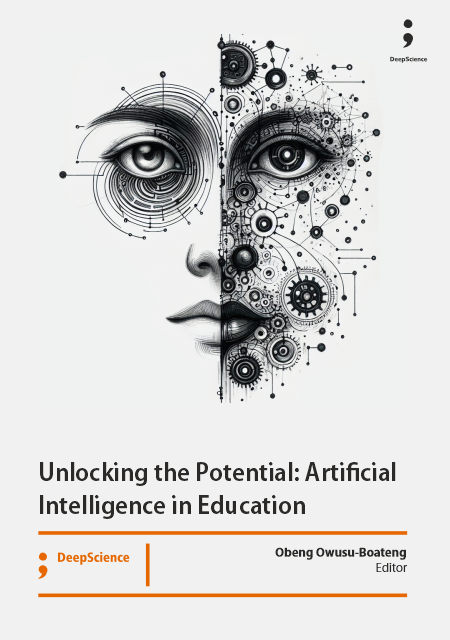Machine learning in education
Synopsis
This book chapter aims to review the literature on the Adoption of Machine Learning in the education sector. Better individualization of online education is made possible by computer programs, data mining, and forecasting. The days of cookie-cutter training courses that assume all students have the same skills and background knowledge are numbered. The chapter describes how ML will change the face of education worldwide. This study explores the role of ML in the classrooms of the future. Although there are still some difficulties in the education system, the findings indicate that ML helps in pedagogical techniques, assessment, evaluation, and staff training. Using ML, educational technology can adapt to students' evolving requirements. Machine learning has the potential to improve education by individualizing instruction, designing more interesting and immersive activities, and generating more accurate assessments of students' progress. Training programs can provide useful data analytics based on historical performance to anticipate student requirements, design student-focused instances, and improve learning results. This technology has only scratched the surface of what it can do for distance education in terms of student involvement, incentive, and enjoyment of the educational experience. In conclusion, machine learning is one of the most urgently required technologies in the academic world. Artificial intelligence and machine learning have the potential to revolutionize the learning process. Therefore, get ready to hop on the trend when ML permeates across every facet of education and revolutionizes educational experiences and performance.
Keywords: Artificial Intelligence, Machine Learning, Training, Technology, Education.













